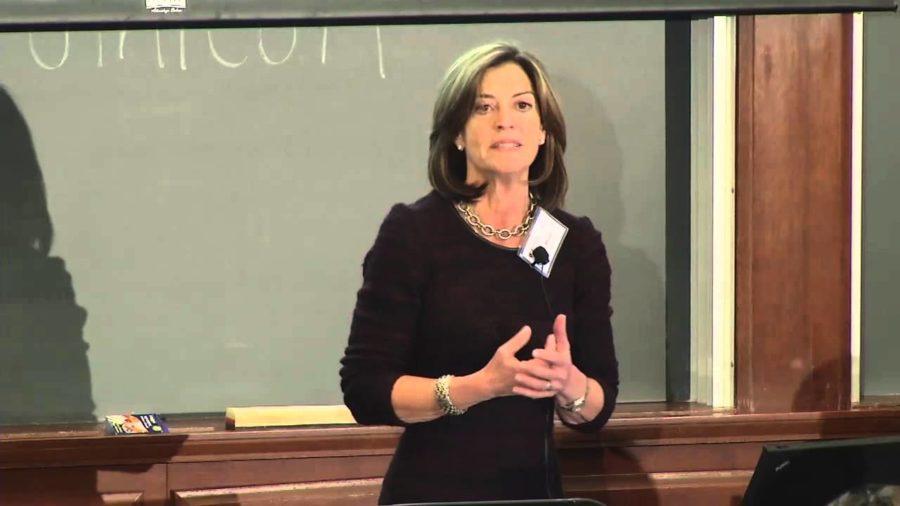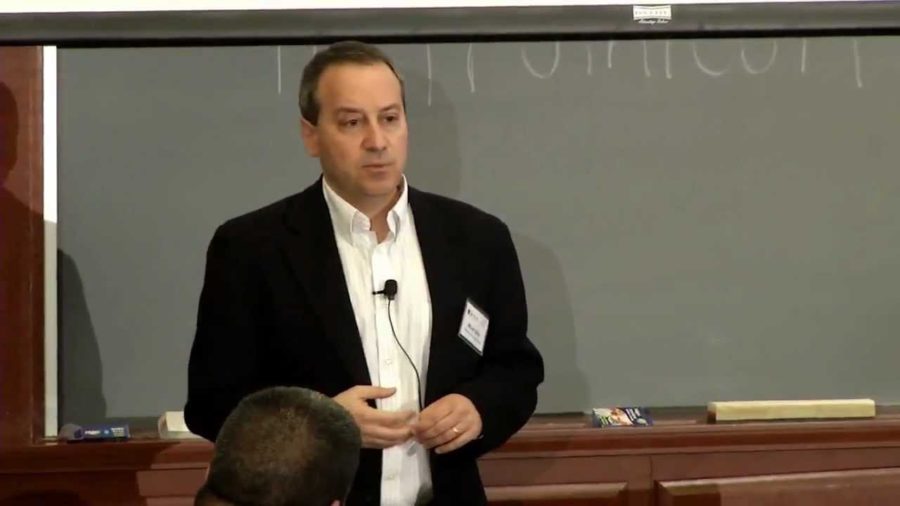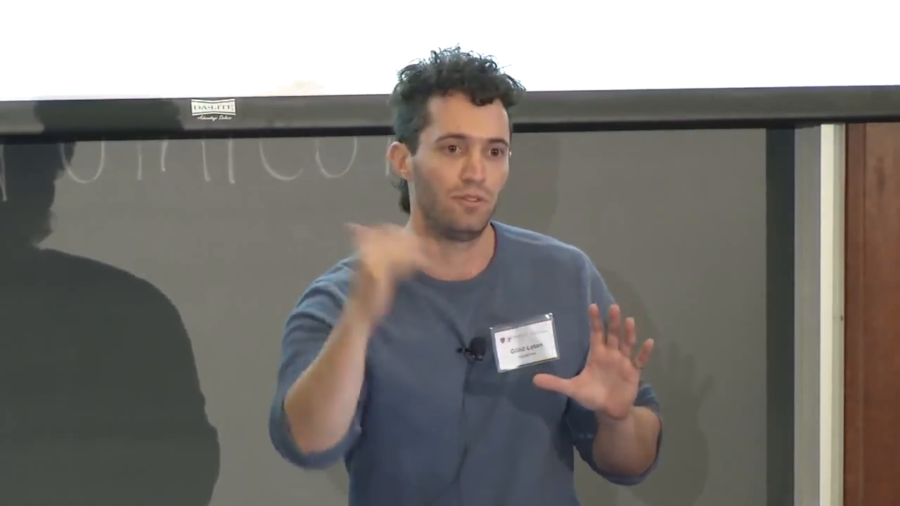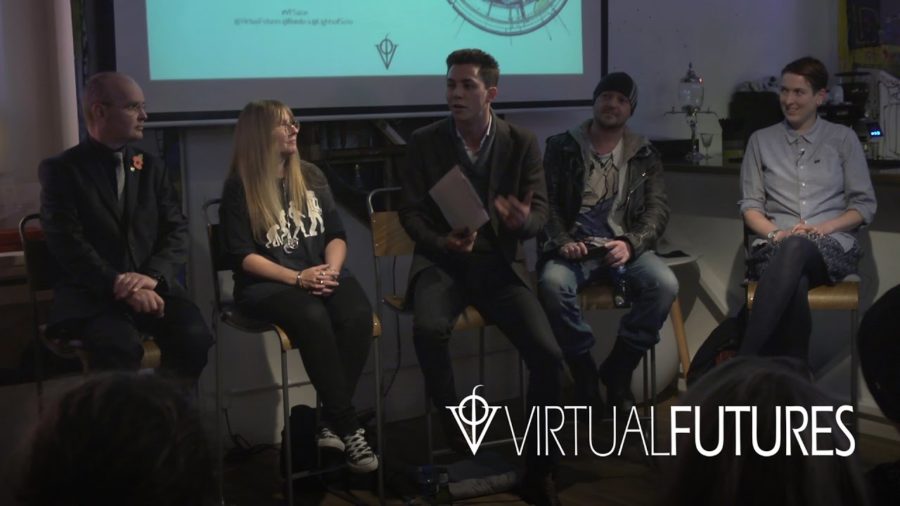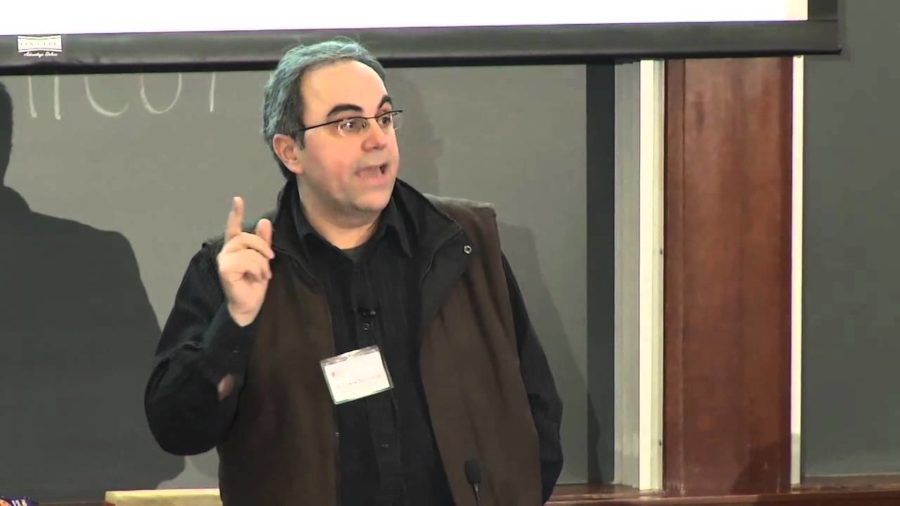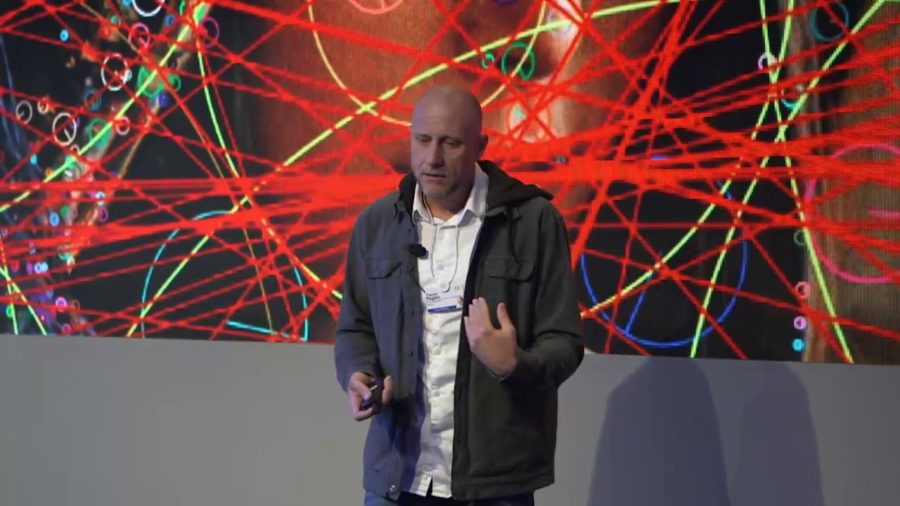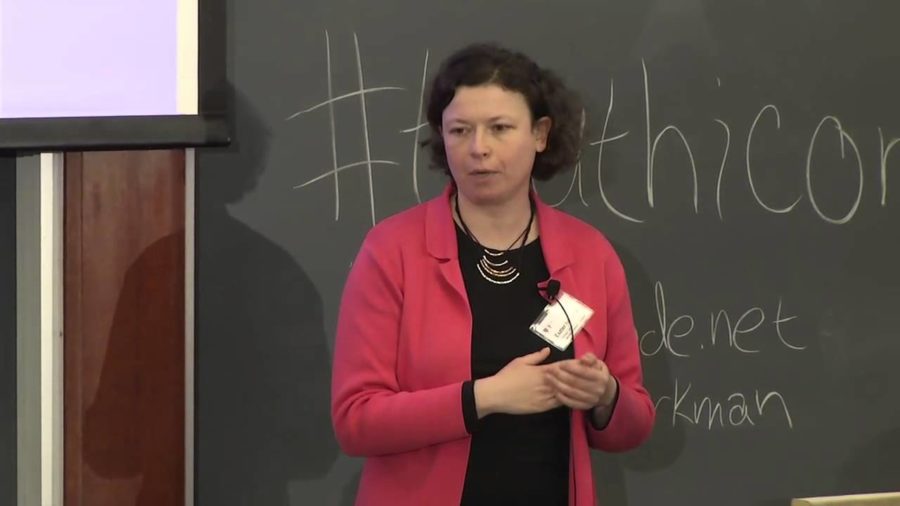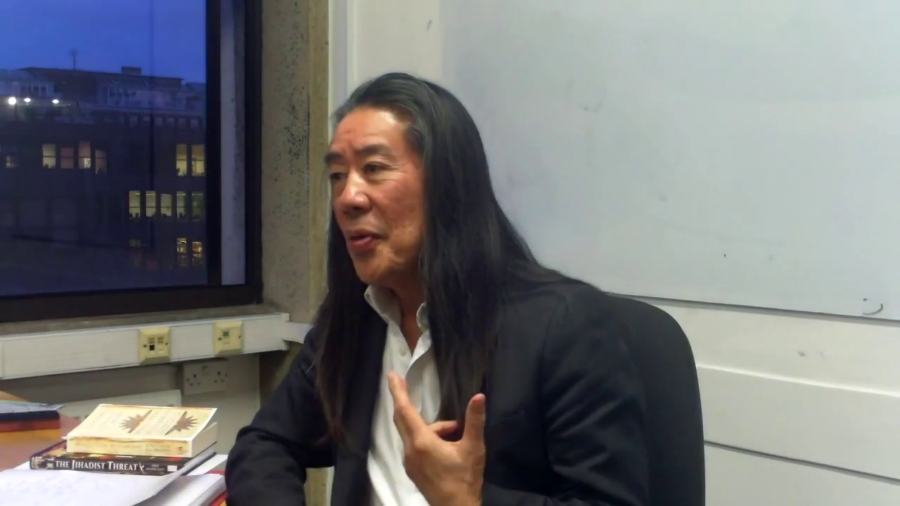I’ve long had this fantasy in my entire career, which has mostly been in the field a money and politics, to be able to find one place where you could enter a search term like this one, “General Electric,” and see everything you could find out about a company, a corporate profile—what they do in Washington, what they do at the state level.
John Cioffi’s Internet Hall of Fame 2014 Induction Speech
presented by John Cioffi
In viewing the list of previous and current inductees, one is awestruck just to be included among them. My own contributions in broadband access, particularly DSL, seem somewhat dwarfed by those of the others. Read more →

